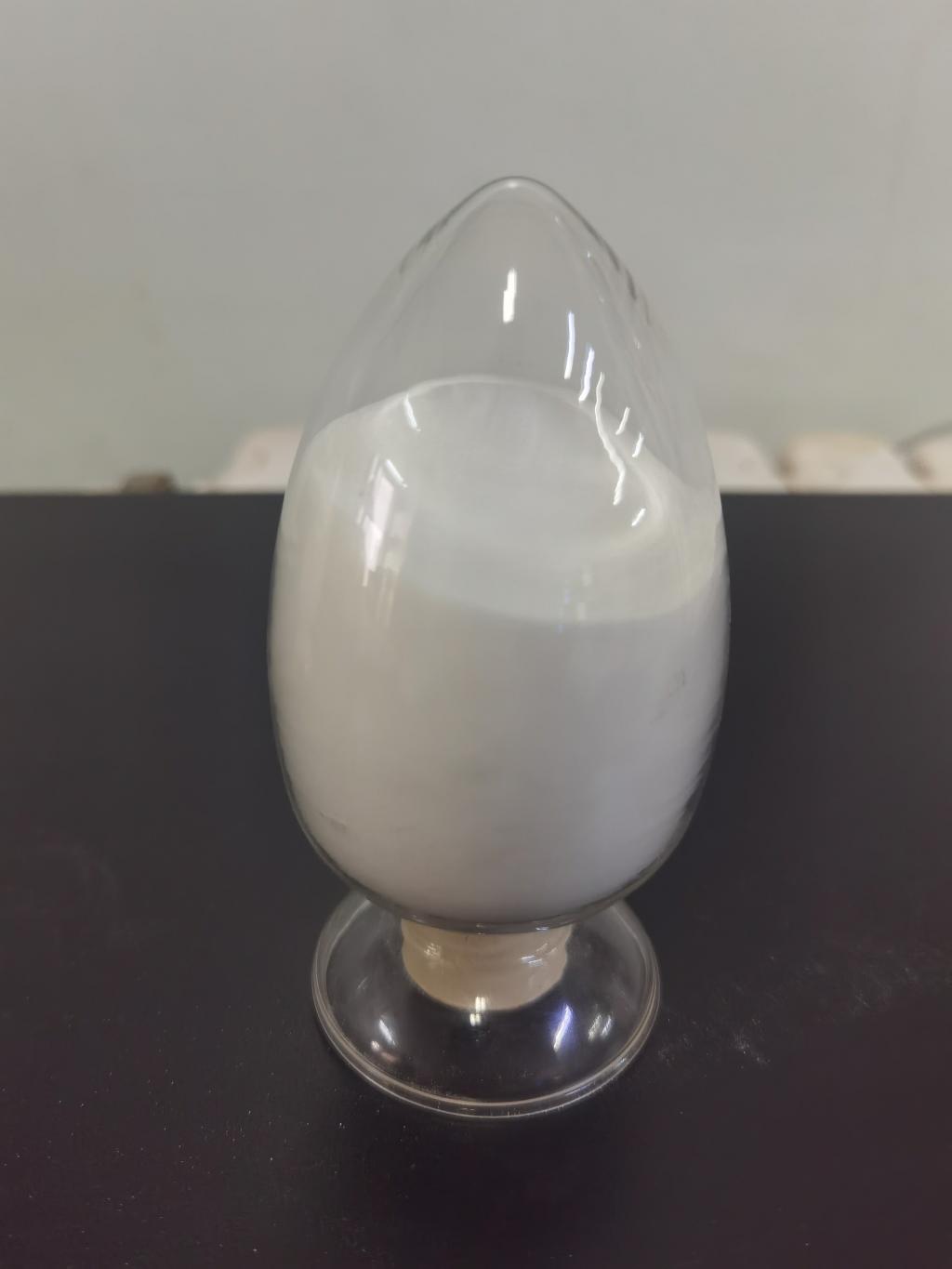Tel:+8618231198596

News
 CONTACT
CONTACT
 CONTACT
CONTACT
- Linkman:Linda Yao
- Tel: +8618231198596
- Email:linda.yao@dcpharma.cn
- Linkman:CHARLES.WANG
- Department:Overseas
- Tel: 0086 0311-85537378 0086 0311-85539701
News
Current Position:
Home >
News
>Investigating the Immunogenicity of ε-Polylysine Hydrochloride-Based Vaccines.
Investigating the Immunogenicity of ε-Polylysine Hydrochloride-Based Vaccines.
TIME:2024-06-18
1. Introduction to ε-Polylysine Hydrochloride
ε-Polylysine hydrochloride is a polymer of the amino acid lysine, produced through fermentation by Streptomyces albulus or related microorganisms. Initially recognized for its antimicrobial properties, ε-polylysine has since been studied for its potential applications in various fields, including food preservation, pharmaceuticals, and more recently, as an immunomodulator in vaccine formulations.
2. Mechanisms of Immunomodulation
ε-Polylysine hydrochloride exhibits several mechanisms that contribute to its immunomodulatory effects:
Activation of Innate Immunity: ε-Polylysine can activate innate immune cells such as macrophages and dendritic cells. This activation leads to the secretion of cytokines and chemokines that promote inflammation and recruit immune cells to the site of vaccination.
Enhancement of Antigen Presentation: As an adjuvant, ε-polylysine improves antigen presentation by antigen-presenting cells (APCs). It can facilitate the uptake, processing, and presentation of vaccine antigens to T cells, thereby enhancing the adaptive immune response.
Stimulation of Humoral and Cellular Immunity: ε-Polylysine can promote the production of antibodies (humoral immunity) and activate cytotoxic T cells (cellular immunity), crucial for eliminating pathogens and providing long-term immune memory.
3. Applications in Vaccine Development
ε-Polylysine hydrochloride holds promise as a vaccine adjuvant in several key areas:
3.1. Enhancing Vaccine Efficacy:
Inactivated and Subunit Vaccines: ε-Polylysine can improve the immunogenicity of inactivated or subunit vaccines by boosting immune responses against specific antigens.
Viral Vector Vaccines: When used in viral vector vaccines, ε-polylysine enhances the vector's ability to deliver antigenic proteins to host cells, augmenting the immune response against viral pathogens.
DNA and RNA Vaccines: ε-Polylysine can stabilize and deliver DNA or RNA vaccine constructs, enhancing their uptake and expression in target cells and improving vaccine efficacy.
3.2. Broadening Vaccine Coverage:
Cross-Protection: By stimulating broad immune responses, ε-polylysine-based adjuvants may confer cross-protection against related strains or variants of pathogens, enhancing vaccine effectiveness in diverse populations.
Elderly and Immunocompromised Populations: ε-Polylysine's ability to enhance immune responses may be particularly beneficial for improving vaccine efficacy in elderly individuals or those with weakened immune systems.
3.3. Vaccine Formulations:
Dose-Sparing Effect: ε-Polylysine's adjuvant properties can potentially reduce the amount of antigen required per vaccine dose, thereby increasing vaccine production efficiency and availability.
Combination Adjuvants: ε-Polylysine may be used in combination with other adjuvants to synergistically enhance immune responses and optimize vaccine formulations for specific pathogens.
4. Current Research Findings
Recent studies have explored the immunogenicity of ε-polylysine hydrochloride-based vaccines in various preclinical and clinical settings:
Preclinical Models: Animal studies have demonstrated that ε-polylysine enhances immune responses against influenza, hepatitis B, and other pathogens when used as an adjuvant in vaccine formulations.
Clinical Trials: Initial clinical trials have evaluated the safety and efficacy of ε-polylysine-adjuvanted vaccines in human subjects, showing promising results in terms of immune response induction and vaccine safety profiles.
5. Challenges and Considerations
5.1. Safety Profile: Ensuring the safety of ε-polylysine hydrochloride-based vaccines is paramount. Continued research is needed to thoroughly assess potential adverse effects and long-term safety implications.
5.2. Formulation Stability: Optimizing ε-polylysine formulations to maintain stability and efficacy under varying storage conditions is critical for vaccine distribution and deployment.
5.3. Regulatory Approval: Obtaining regulatory approval for ε-polylysine-adjuvanted vaccines requires rigorous evaluation of preclinical data, clinical trial results, and manufacturing processes to meet international standards for vaccine safety and efficacy.
6. Future Directions
6.1. Novel Vaccine Platforms: Further research is needed to explore ε-polylysine's compatibility with emerging vaccine platforms, including mRNA vaccines and next-generation viral vectors.
6.2. Personalized Vaccinology: Tailoring ε-polylysine-adjuvanted vaccines to specific populations or disease contexts may optimize vaccine responses and address unmet medical needs.
6.3. Immunological Mechanisms: Investigating the precise immunological pathways and cellular responses triggered by ε-polylysine will enhance understanding of its adjuvant mechanisms and guide future vaccine design.
7. Conclusion
ε-Polylysine hydrochloride shows promise as an effective adjuvant in vaccine development, leveraging its immunomodulatory properties to enhance immune responses against infectious diseases. By activating innate immunity, improving antigen presentation, and stimulating adaptive immune responses, ε-polylysine contributes to the development of more potent and efficient vaccines.
- Tel:+8618231198596
- Whatsapp:18231198596
- Chat With Skype







